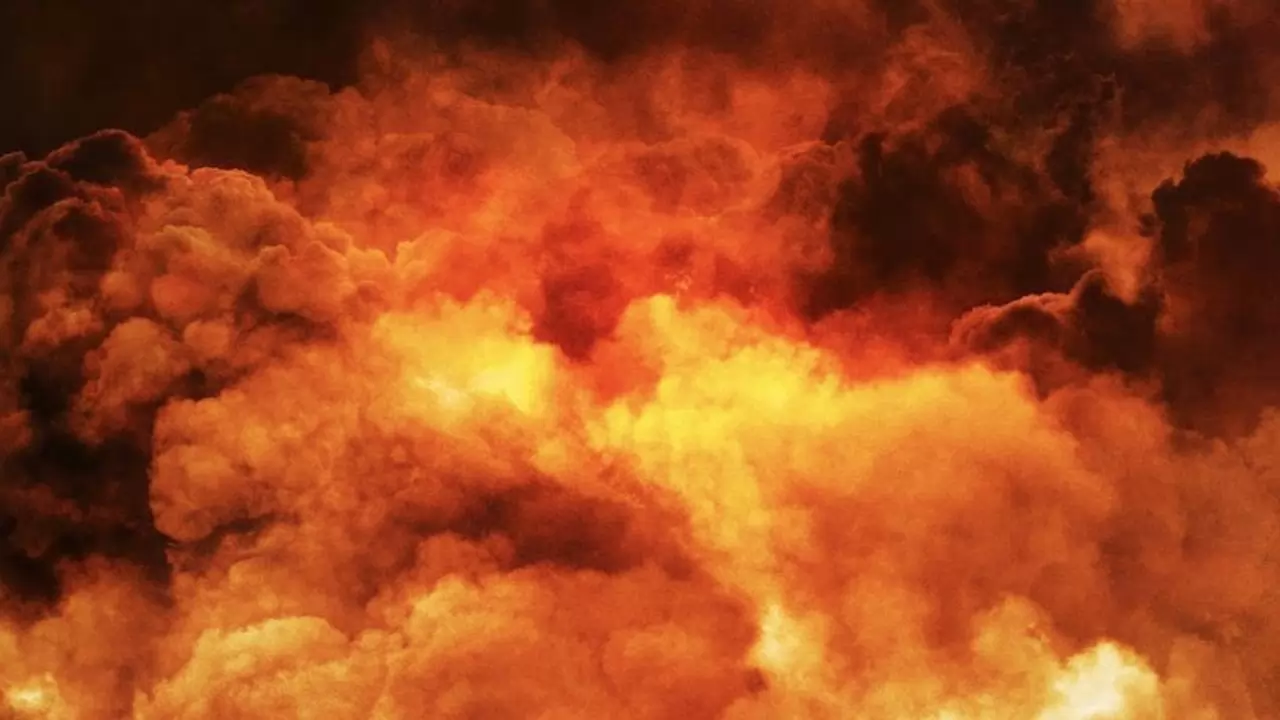
X
After figuring out many aspects of how the Sun and Earth would eventually die, scientists are now attempting to figure out how the cosmos will end. The new finding suggests that dark energy is probably becoming less prevalent throughout the cosmos and will eventually come to an end in a "big crunch."
Although the "great crunch" catastrophe is most likely to happen after millions of years, scientists who are developing a Dark Energy Spectroscopic vision have issued a dire warning about the state of the world.The finding indicates that the universe is expanding quickly, which is expected to weaken the energy that generates atoms. The universe will gradually come to an end and implode.
Using data gathered in just the first year of operation by the Dark Energy Spectroscopic Instrument (DESI), scientists produced one of the deepest maps of the universe. Luz Angela Garcia Penaloza, a cosmologist at the Universidad ECCI in Columbia and a former member of the DESI team, verified that the effect of dark energy is "decreasing" with time.This decline in dark energy has been referred to by scientists as the "great crunch." This cosmic discovery suggests that the universe will gradually come to an end and collapse.
"If what the first year of DESI data suggests is accurate, then the universe's accelerating expansion will pause and eventually reverse, and the universe could begin drawing together under the influence of gravity," Luz stated in an interview with Space.com.
"This might ultimately result in a "Big Crunch"-style end for the cosmos," he continued. Meanwhile, a specialist predicted that although the huge crunch will be "initially" innocuous, it will ultimately turn into a fatal experience.
Expert opinion says it all
Martin Bojowald of Pennsylvania State University stated, "At first, the collapse would just be extremely harmless; the universe's density would grow, but very slowly." However, the collapse would eventually result in concentrations comparable to the Big Bang." As of now, scientists are unable to provide a complete picture of what the "big crunch" will look like. Bojowald claims that experts are about to grasp the "great crunch's" apparent magnitude.





Copyright © 2026 Top Indian News
